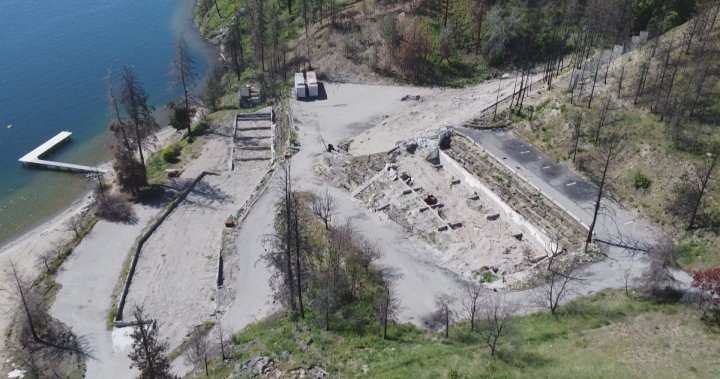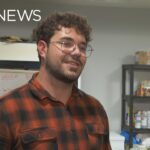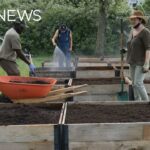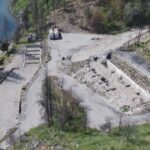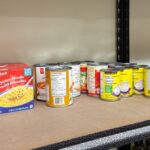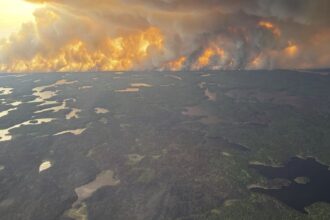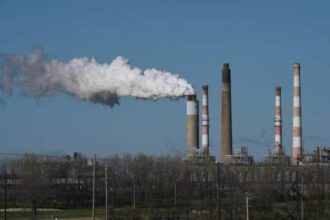In the aftermath of the devastating McDougall Creek wildfire that swept through parts of the Okanagan Valley last summer, residents of Lake Okanagan Resort are now facing a critical infrastructure challenge that threatens their basic needs. The wildfire, which destroyed significant portions of the resort community, also severely damaged the water treatment facility that served approximately 400 properties, creating an urgent public health concern that continues to simmer months after the flames were extinguished.
“We’ve been living in a state of uncertainty since last August,” said Jennifer Harwood, a longtime resident whose home narrowly escaped the wildfire’s path. “While we’re grateful our house survived, we’re now fighting for something even more fundamental—clean water.”
The existing water treatment system, already aging before the disaster, was rendered nearly inoperable by the fire. Temporary measures implemented by regional authorities have provided minimal service, but residents report discolored water, inconsistent pressure, and periodic boil water advisories that have become a troubling norm rather than an exception.
The Regional District of Central Okanagan has acknowledged the problem but has yet to commit to a comprehensive solution. Officials cite complex jurisdictional issues between the resort’s private ownership, municipal responsibilities, and provincial disaster response protocols as contributing factors to the delay.
“What we’re seeing is a perfect storm of bureaucratic challenges colliding with very real human needs,” explained Dr. Marcus Teller, an environmental engineer specializing in post-disaster infrastructure recovery. “The technical solutions exist, but the funding mechanisms and approval processes are creating bottlenecks that are prolonged by overlapping authorities.”
Residents have formed the Lake Okanagan Water Action Committee, mobilizing political pressure through a petition that has garnered over 2,000 signatures. The group is pushing for the construction of a new water treatment facility that would meet modern standards and provide reliable service to the affected properties.
Provincial officials from the Ministry of Emergency Management indicated last week that emergency funding might be available, but the application process requires coordination between multiple stakeholders, including the resort ownership, which has reportedly been difficult to engage since the disaster.
“Every day without a clear plan is another day we worry about what’s coming out of our taps,” said Michael Brennan, who leads the resident committee. “Many families here include elderly residents and young children—the very people most vulnerable to water quality issues.”
The situation highlights a growing concern across Canadian communities affected by climate-related disasters: the long-term infrastructure challenges that often receive less attention than the immediate emergency response. While wildfire coverage dominates headlines during active blazes, the subsequent struggle to rebuild critical services often unfolds with less public scrutiny.
Regional councilor Patricia Laine confirmed that discussions about a permanent solution are ongoing, with a public meeting scheduled for next month. “We recognize the urgency of this situation and are working to navigate the complex approval processes as quickly as possible,” she stated in a press release issued yesterday.
For residents, however, the pace of progress remains frustratingly slow. Some have resorted to purchasing water delivery services at considerable personal expense, while others have installed elaborate filtration systems in their homes—temporary solutions that many cannot sustain indefinitely.
As summer approaches and temperatures begin to rise across the Okanagan Valley, the question remains: will government agencies and private stakeholders find the necessary common ground to restore this basic service before another crisis develops? The residents of Lake Okanagan Resort certainly hope so, but their patience—like their water supply—is running dangerously low.

